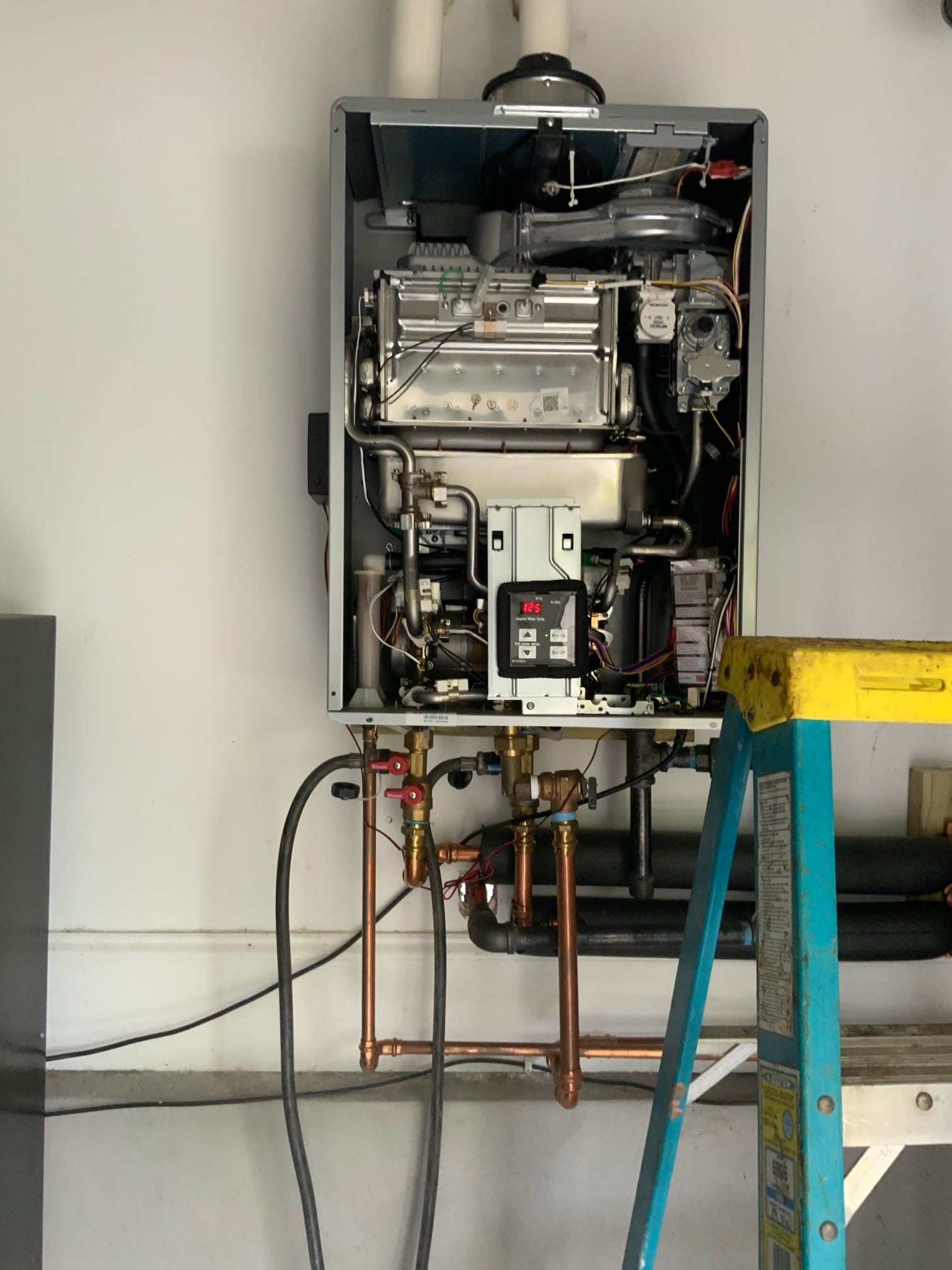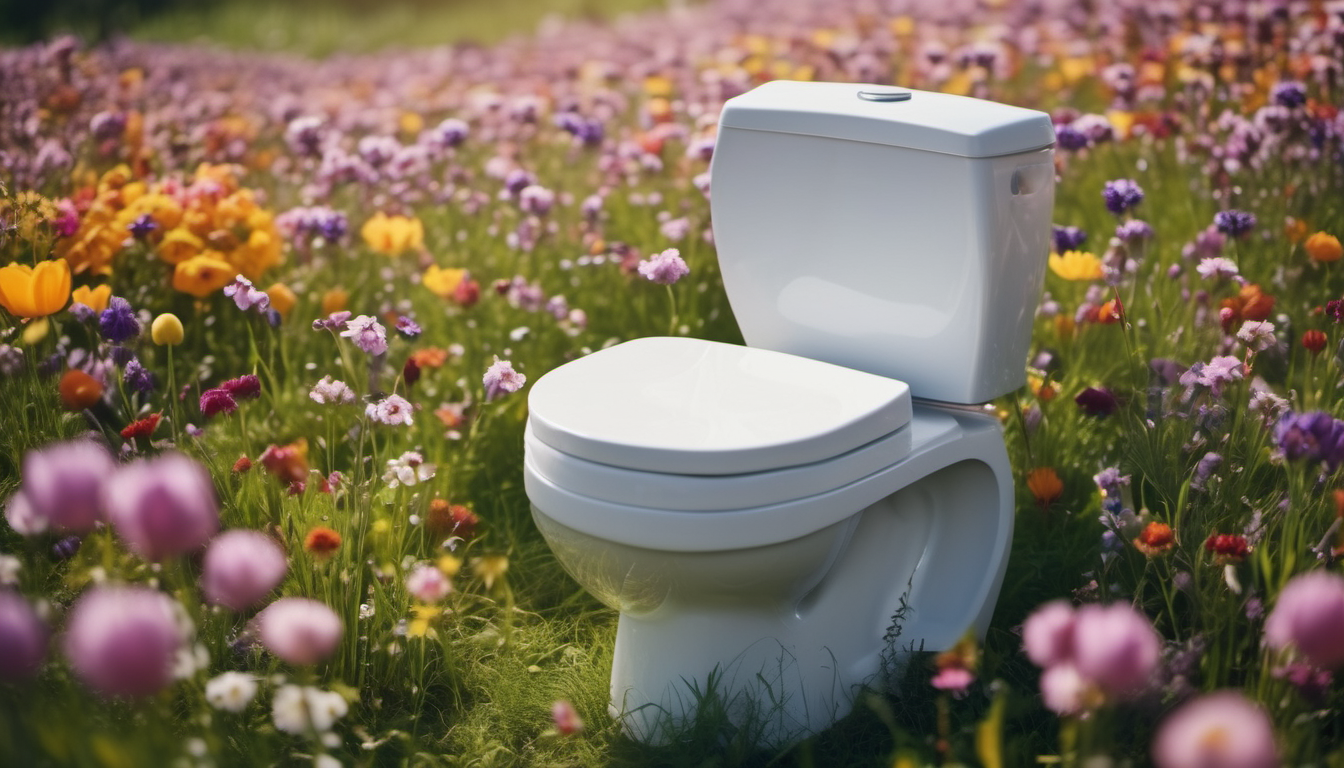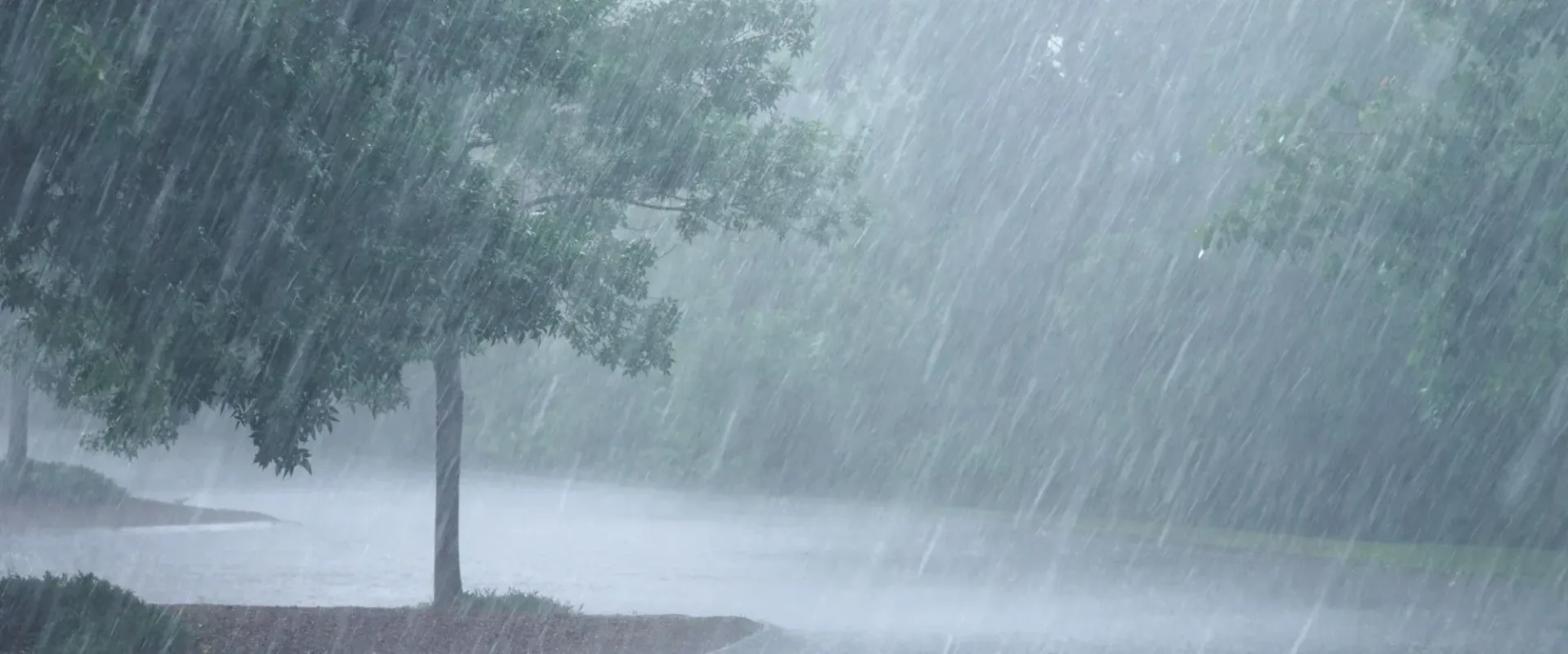Choosing Between Traditional and Tankless Water Heaters
Imagine stepping into a steaming shower, only to find the hot water has run out. Disappointing, right? Both traditional water heaters and tankless water heaters provide hot water for your home, but they do it in very different ways. Choosing the right one for your needs can significantly impact your comfort, energy efficiency, and even your wallet. This guide dives deep into the world of water heaters, exploring the pros and cons of both traditional and tankless models to help you make an informed decision.
The Storage Tank Water Heater
The most common type of water heater, the storage tank model, works just like its name suggests. It features a large insulated tank that continuously heats water to a set temperature. When you turn on a hot water tap, the pre-heated water is delivered instantly.
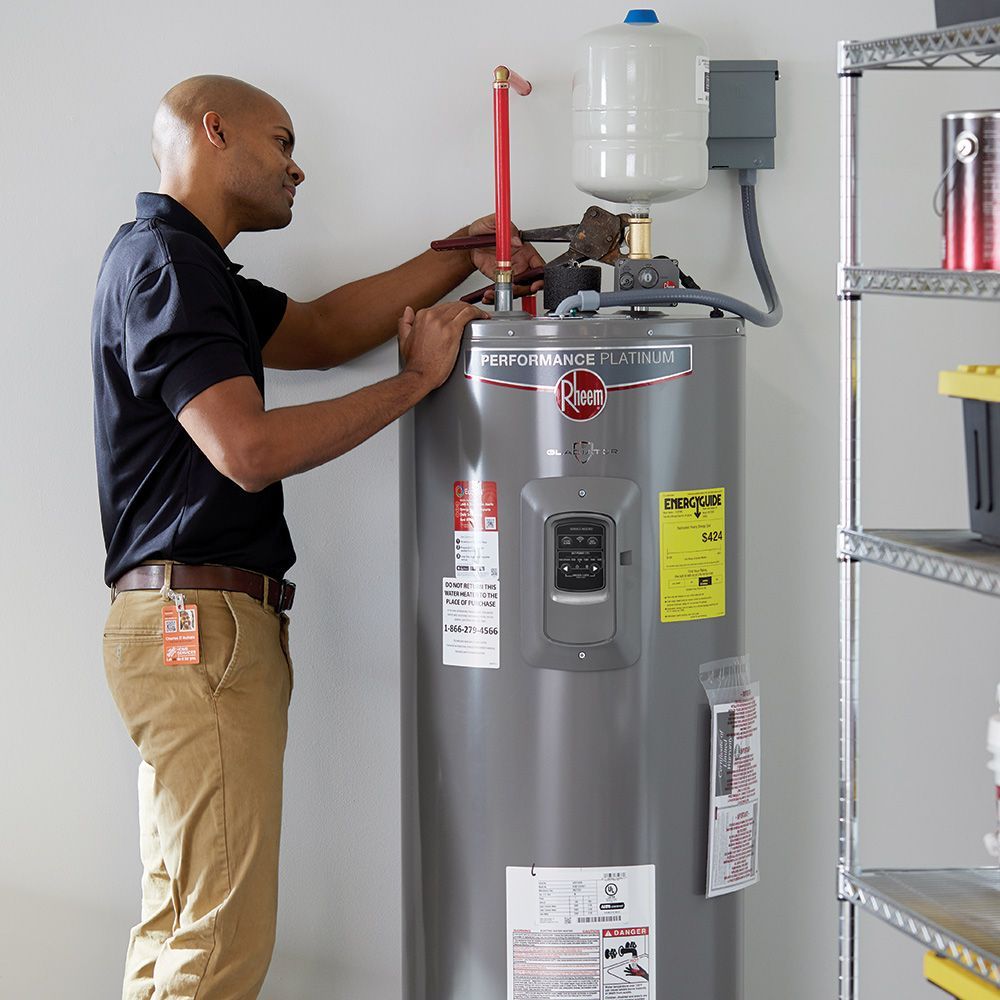
Pros of Traditional Water Heaters:
- Lower upfront cost: Traditional water heaters are significantly cheaper to purchase and install compared to tankless models.
- Simple and reliable technology: These water heaters have been around for decades, making them a reliable and well-understood technology. Parts are readily available, and repairs are typically straightforward.
- Readily available hot water: With a full tank of pre-heated water, you'll never experience a sudden drop in hot water pressure, even during peak usage times (think showers back-to-back!).
Cons of Traditional Water Heaters:
- Lower energy efficiency: Traditional water heaters constantly heat water, even when not in use. This can lead to higher energy bills over time, especially in homes with high hot water usage.
- Limited hot water capacity: The amount of hot water available is limited by the tank size. Large families or households with frequent hot water needs may find themselves running out of hot water before the tank refills.
- Shorter lifespan: Traditional water heaters typically last 10-15 years, requiring eventual replacement.
- Risk of leaks: As with any water-holding appliance, there's always a potential for leaks, especially as the unit ages.
The Tankless Water Heater
Tankless water heaters work on a "just-in-time" principle. They don't store pre-heated water; instead, they heat water on demand as it flows through the unit. This can be a significant energy saver, especially for homes with low hot water usage.
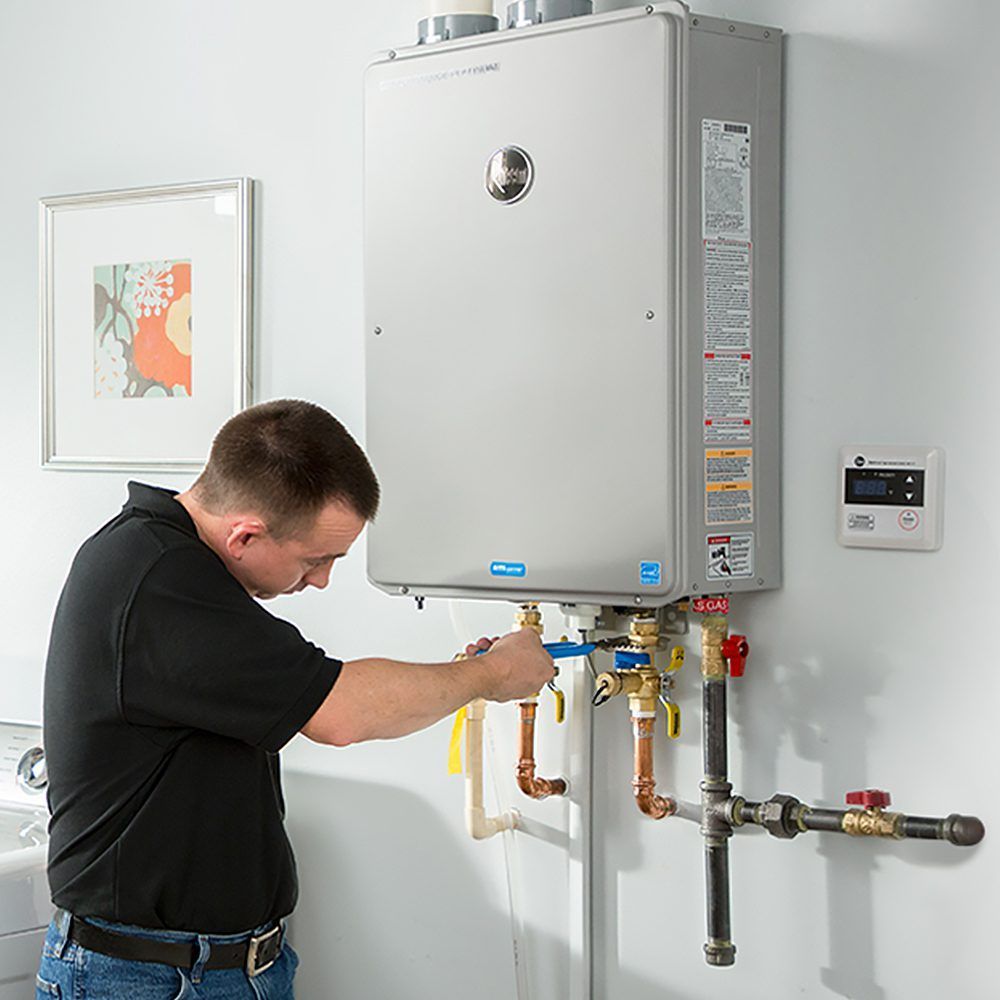
Pros of Tankless Water Heaters:
- High energy efficiency: Tankless water heaters only heat water when needed, leading to significant energy cost savings.
- Endless hot water: As long as there's a fuel source and water pressure, you'll have a continuous supply of hot water, eliminating the worry of running out.
- Longer lifespan: Tankless water heaters can last up to 20 years, potentially lasting longer than their traditional counterparts.
- Space-saving design: Tankless models are compact and take up much less space compared to traditional water heaters.
Cons of Tankless Water Heaters:
- Higher upfront cost: Tankless water heaters are significantly more expensive to purchase and install than traditional models.
- Potential for flow rate limitations: There's a limit to how much hot water a tankless unit can heat at once. Running multiple hot water sources simultaneously (shower and dishwasher) may require a higher capacity model or lead to reduced hot water flow.
- Installation considerations: Tankless water heaters require specific venting configurations and may need upgrades to your gas line or electrical wiring depending on the chosen model.
- Repairs can be complex: Repairs for tankless water heaters can be more complex and expensive than for traditional models due to their intricate technology.
Choosing the Right Water Heater for Your Needs
There's no one-size-fits-all answer when it comes to water heaters. Here are some factors to consider when making your decision:
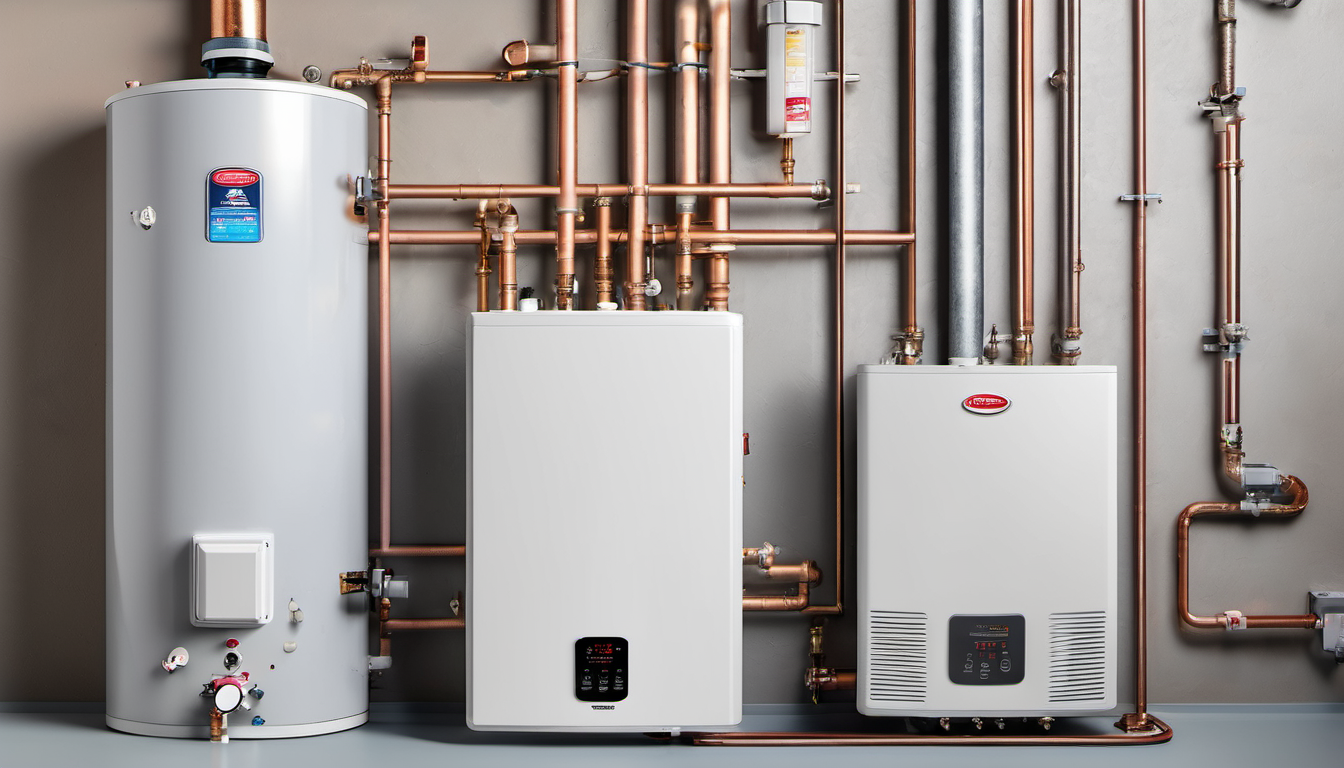
- Hot water usage: Do you have a large family with frequent hot water needs? A traditional heater with a larger tank might be the better choice. For smaller households or those who use hot water sparingly, a tankless model could be a good energy-saving option.
- Budget: Traditional water heaters are significantly cheaper upfront. However, consider the long-term energy savings of a tankless model, which may balance out the cost over time.
- Available space: If space is a premium, a tankless water heater's compact design might be ideal.
- Fuel source: Traditional water heaters can run on gas, electricity, or even oil. Tankless models are typically gas or propane-powered. Consider your preferred fuel source and ensure compatibility with your existing infrastructure.
Don't let hot water problems disrupt your home comfort! Contact Plumber Today and let us help you choose and install the perfect water heater for your needs.

